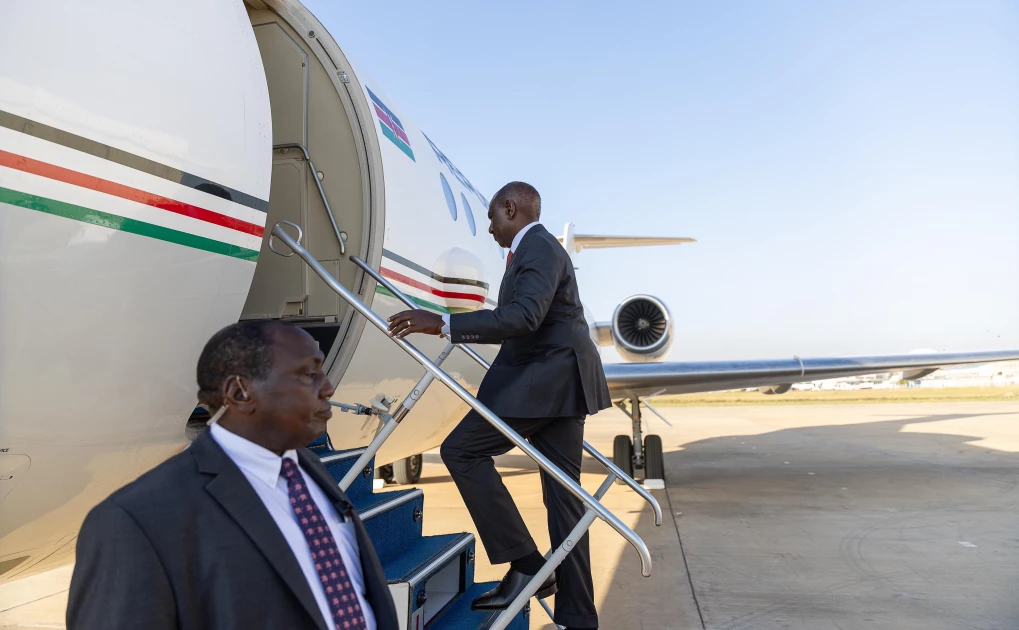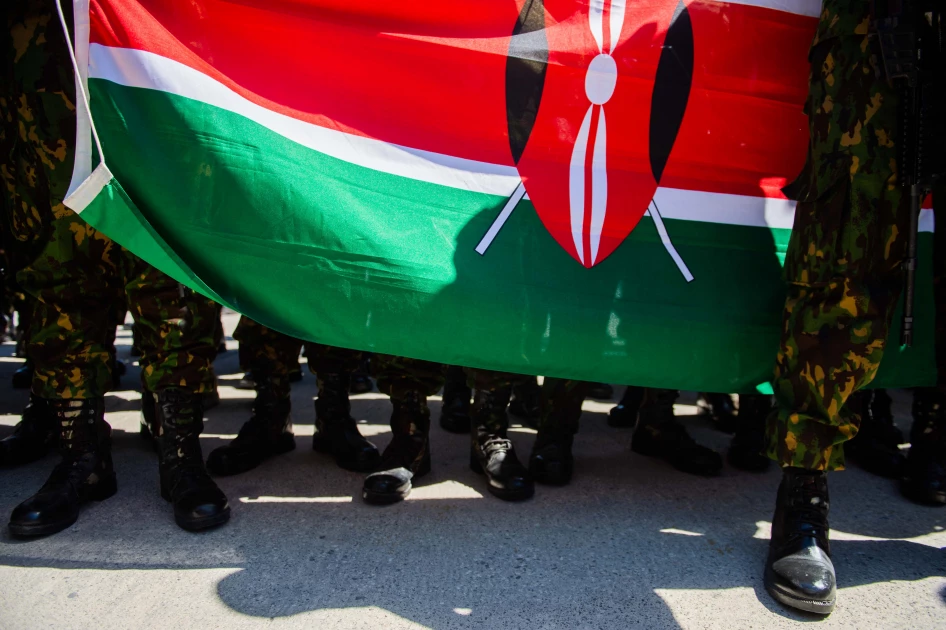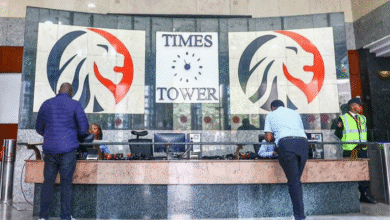
A damning report from the Office of the Controller of Budget has revealed that the national government spent a staggering Ksh.25.46 billion on local and foreign travel in the last financial year, despite repeated promises from President William Ruto to slash such expenditure by 50 per cent.
The findings, which cover the period from July 1, 2024, to June 30, 2025, show a meager reduction of only Ksh.1.7 billion—a far cry from the Ksh.11 billion cut initially pledged by the president two years ago. The report underscores a growing disconnect between the government’s public austerity commitments and its actual spending behavior.
Controller of Budget Margaret Nyakang’o raised serious concerns over the figures, warning that excessive travel is directly undermining national development. “Our development budget reduced significantly,” Nyakang’o stated. “I still see elements of too much foreign travel in a sense that we are now encroaching on resources for development.”
The issue first came to the forefront a year ago when President Ruto announced stringent measures to curb non-essential travel, aiming to channel more funds into addressing the country’s budgetary deficit—especially after the failure of the Finance Bill 2024. He had publicly committed to “reduce travel expenses for all government agencies by 50 per cent.”
However, the latest expenditure report indicates little to no adherence to these directives. Preferred travel destinations for government officials included Dubai, London, South Africa, and the United States.
In a particularly revealing detail, the report noted that State House made an extra requisition of Ksh.5 billion under Article 223 of the Constitution, which permits additional funding for extraordinary circumstances. These funds were allocated to domestic travel, hospitality supplies, fuel expenses, and vehicle maintenance.
Nyakang’o emphasized the broader economic impact of such spending: “These funds have to come from somewhere. So, either another vote is reduced or we must borrow, therefore by extension our indebtedness in terms of local or foreign borrowing is impacted.”
The report has sparked renewed criticism from transparency advocates and taxpayers, who question the government’s fiscal discipline and priority-setting at a time when many Kenyans are facing economic hardship.
As the government continues to grapple with a significant budget shortfall and rising public debt, the failure to rein in travel expenses raises doubts about its ability to implement promised reforms and live within its means.




